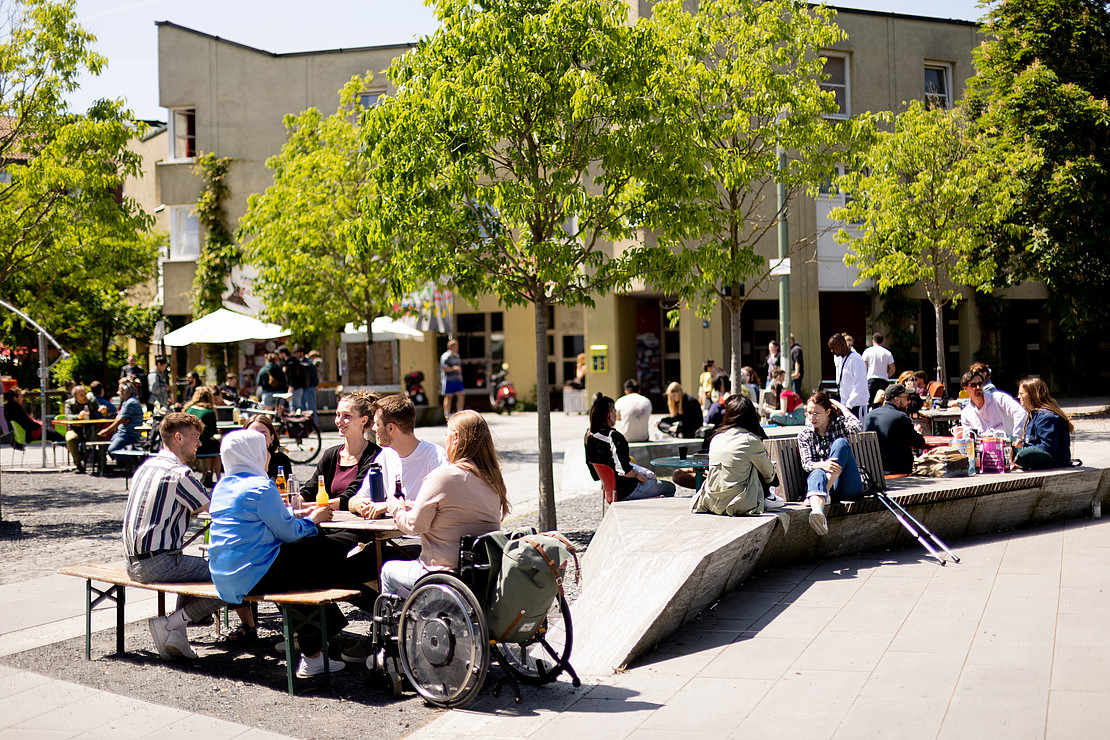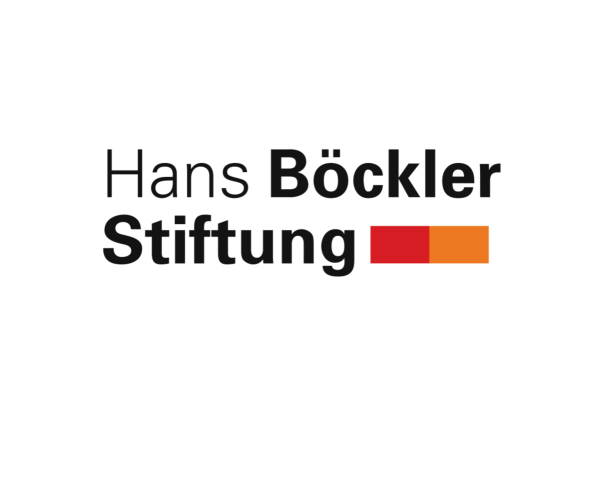Accessibility and participation in open space, urban and landscape planning
What is it about?
Accessibility and participation in the context of open space, urban and landscape planning contribute to several UN Sustainable Development Goals, including with regard to the sound design of an inclusive education system (SDG 4). Participation refers, among other things, to the equal access of different groups of people to political decision-making processes, which also includes the planning of open spaces and landscapes, and is therefore relevant for SDG 5 "Gender equality" and SDG 10 "Reduced inequalities". As part of SDG 11 "Sustainable cities and communities", open space, urban and landscape planning is responsible for the inclusive and barrier-free provision of green and ecologically sustainable public infrastructure and thus also touches on other SDGs such as Goal 3 "Good health and well-being", Goal 13 "Climate action" and Goal 15 "Life on land".
 Image: Sonja Rode
Image: Sonja RodeThis tense relationship will be reflected in the research college using the example of the planning and design of public green, urban and landscape spaces. Justice-related questions of accessibility and participation arise both with regard to the results of planning and with regard to the corresponding processes. The following subdivisions are made:
- Living and working in post-pandemic urban planning
- intersectional justice: overlapping environmental burdens and social disadvantages
- (Un)equitable transformations of urban and landscape spaces
- Spatial dualism of workplaces and residential and recreational areas
- Reducing barriers to work and leisure activities
- Developing fundamentally inclusive planning approaches
Funding body
Funded by:
- Graduate support (JUST) through the University of Kassel's own funds
- Doctoral program funded by the Hans Böckler Foundation (3 doctoral scholarships)
